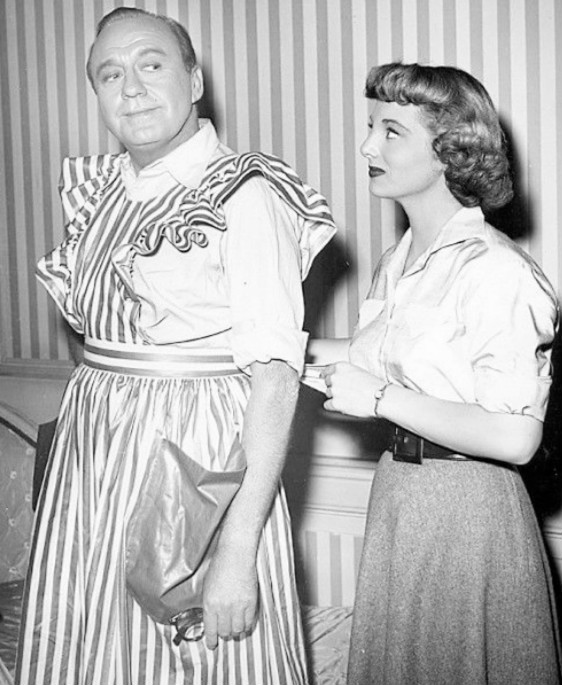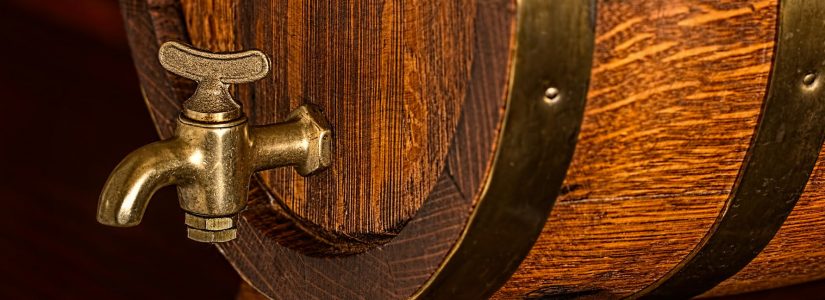
To those who claim
They’ve found the truth
I sincerely wish them well
The best they’ve found
In my view
Is incomplete yet still.
On March 23, 1973, “An Evening of the Absurd” opened on the stage of the Washburn University Theater, in Topeka, Kansas. Two one-acts were on the bill, both written by playwrights considered a part of the Theater of the Absurd movement, which was vital at the time. The first play, The Lesson, was written by Eugene Ionesco, of The Rhinoceros and the Bald Soprano fame. In the second, Harold Pinter’s The Collection, I played the part of Bill. The Collection was originally produced by the Royal Shakespeare Company, opening in London in 1962, and then was produced for TV in 1976 with Lawrence Olivier, Alan Bates, and Helen Mirren in the cast. Malcolm McDowell, of A Clockwork Orange fame, played the part of Bill.
Bill, a dress designer in his 20’s, lives with an older man, Harry. Their relationship is not explicitly gay, but it is strongly suggested. This was originally produced in the 1960’s, when “homosexual” was the term of choice in polite society for males interested in males. The play revolves around whether Bill slept with another man’s wife. The show begins when the husband of the wife shows up at the Harry-Bill apartment to press the issue directly. Typically Pinter-esque, the play creates more questions than it answers, and the ending does not clarify these issues. It is the Pinter style to be ambiguous, but also in those days direct references to gay relationships would find themselves on the censors’ cutting-room floors. Such a play was able to stretch the bounds of contemporary culture by not being explicit about the male-male relationship involved, while still portraying reality-based relationships that had had little exposure or voice in the public square.
For me, only 20 years old, naïve, just starting in theater and playing a homosexual, for I played him as if he were gay, it was eye opening. I knew almost nothing about such relationships. I went to high school, after all, in Olathe, Kansas, a town of 20,000 in con-serv-a-tive country in the 1960’s. The theater I had been involved in prior to Washburn was of the “Oklahoma” variety. There was no Ellen DeGeneres, no “I Kissed a Girl”, no gay marriages. But I remember being on that stage and “becoming” that character. Perhaps there was hesitancy early on as we rehearsed, I don’t remember, and I also don’t remember how or if I researched the part. Perhaps I just drew on stereotypes or guidance from the director. I don’t recall having any gay friends prior to that time of my life. As I remember, I played the part on the effeminate side—remember the stereotypes of that era—subtly I think, and the physicality of doing it that way felt comfortable, natural. I could do it and do it easily and well. Since that occasion, perhaps the result of this role-taking, perspective-taking experience, the whole gay experience resonates with me.
Theater and dance – the arts – have been for centuries wonderful places for people who are not accepted easily by society for their unique or differentness – for outsiders – to come and be full members of the artistic community. As one who participated in school and then local arts fairly regularly, I was part of that artistic community well into my late 40’s. I loved the flamboyance, the flaming-ness, the outrageousness, the edginess, the community, of it all. I…love…theater. Back in the day, one queen held court during shows as he put on wigs, pancake, lipstick, costumes, and how we roared with him. And there was makeup for us all, for goodness sake, and dressing up every night. Oh my! Irreverence par excellence. During the time I was involved in theater, now and again I would get more hugs from men than from women. Danced a few times in gay bars over the years, not often but it was always a kick. I remember when my friend Matt – he a ruggedly handsome 6’2’ – and I, both theater students at the time, stumbled accidently into an all-male dive bar on Central Avenue in Albuquerque one night in the early 1970’s. All eyes on us. It was nice to be the prey for a change.
Not being gay myself, however, I can never know what it was and is like to live one’s life “in-the-gay-closet” or in any kind of closet for that matter, not being allowed to be who you are in day-to-day life. Imagine if you will what it would be like if you were in such a position. If you were born realizing you were gay you might accept it miserably as your lot in an unfair society. If you were suddenly thrust into it, aware later in life for the first time, you would perhaps gnash your teeth, rend your clothes, seethe, perhaps strike out at the people who now treated you with contempt. Or you might act outrageously flamboyant, irreverent as hell, backstage at the theater and then later on at the bar with a bunch of crazily fun people. Or you might just accept who you are, not worry too much about it, and confidently live life on your terms.
But I’m just guessing at all this. I can’t imagine what it means to go through that experience. Can you? If not, have you ever felt unfairly treated? Imagine what that would feel like if you had to experience contempt and judgment and discrimination daily over a lifetime.
I have often wondered if, as LGBTQA acceptance becomes the norm in society, as just part of that whole mish-mash of who we are as a society, if there will still be all that fun, that outrageousness, that comes from being an outsider, from being different. When being gay becomes just normal, just an accepted and ordinary part of day-to-day living, then all that irreverent poking at that norms of society, well, will it be needed anymore? It will be interesting to watch.
The iconoclasts of the world may have to find other drag-ins to slay, eh?
I do not know how my LGBTQA views would have evolved absent my theater experiences and the folks I have come to know and care for. My folks had progressive views and adamantly opposed any kind of racial discrimination, but having vicariously gay experiences through the magical, accepting, loving community of theater was an important part of my development and, hopefully, more mature and wise perspective about the world.
But hey, after everyone is out, will folks like me who like to dress in costumes and play different characters still have to wait for the next play to try out the newest lipstick?


I seem to remember Dad talking about being the “third spear holder” in a play in college as a favor to his good friend (who was totally gay). They remained friends has that guy went on to design Bye Bye Birdie on B’way and many of the Oscar rewards shows. I could have gotten my start in California via Dad and meeting him but I (very stupidly) said that I wanted to make it on my own — which is not how you make it, it is who you know!
Not being threated by those who are different seems to be the key. It is easy to feel threated, it seems.
This article is … fabulous.
LikeLike
“threatened”
LikeLike
Thanks Kubla. Bob Randolph. I admire the pride in doing stuff on your own terms – good for you. Some things are more important than fame or fortune, eh?
LikeLiked by 1 person